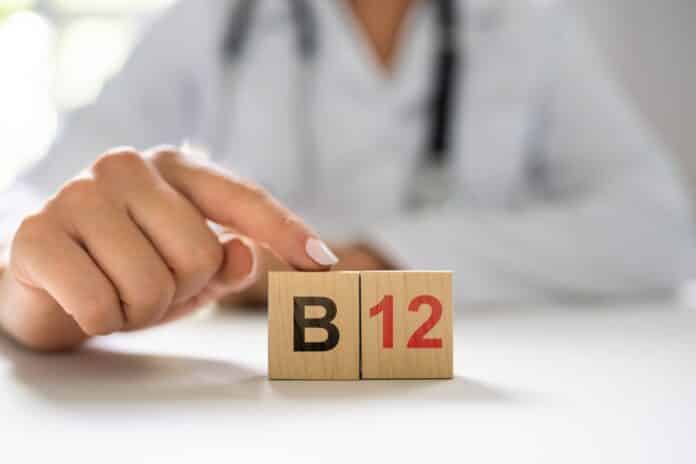
B12 is an essential vitamin that plays a vital role in maintaining good health.
But despite its importance, many people are not getting enough B12 in their diet, leading to a deficiency that can have serious health consequences.
Here are six reasons why you need to make sure you’re getting enough vitamin B12 in your diet.
B12 Deficiency Can Cause Anemia
Red blood cells bring oxygen to everywhere your body needs it, and vitamin B12 plays a key role in their production. Without enough B12, your body may not produce enough red blood cells, leading to a condition called anemia. Symptoms of anemia include weakness, fatigue, shortness of breath, and pale skin.
B12 Deficiency Can Cause Nerve Damage
Vitamin B12 is essential for the healthy functioning of your nervous system. It helps to maintain the protective coating around your nerves, called the myelin sheath, which is important for proper nerve transmission. A B12 deficiency can lead to nerve damage and a loss of sensation in the hands and feet.
B12 Deficiency Can Affect Your Mental Health
B12 plays a role in the production of neurotransmitters, which are chemicals that help transmit signals in the brain. A deficiency of B12 can lead to decreased production of serotonin and other mood-regulating neurotransmitters, potentially contributing to depression, anxiety, memory loss, and other mental health issues.
B12 Deficiency Can Lead To Osteoporosis
People with lower levels of B12 tend to have a higher risk for decreased bone mass density. This means that the bones have become weak and fragile, creating a high risk for osteoporosis and fractures.
B12 Deficiency Can Harm Your Heart Health
B12 helps to maintain healthy levels of homocysteine, an amino acid linked to an increased risk of heart disease. Adequate levels of B12 can help to safely lower homocysteine levels and reduce the risks associated with heart disease.
B12 Deficiency is More Common Than You Might Think
B12 is generally found in animal products like meat, fish, eggs, and dairy, so people who follow a meatless diet are at particular risk of deficiency. However, fortified foods, juices, and cereals can provide sufficient amounts.
Additionally, older adults are more likely to have trouble absorbing B12 from food, and certain medications can also interfere with B12 absorption.
If you think you may be at risk of a B12 deficiency, it’s important to visit your doctor. They can order a nutritional blood test to check your vitamin levels and recommend the best way to get enough B12 in your diet. In some cases, a B12 deficiency can be treated with supplements or injections.



















